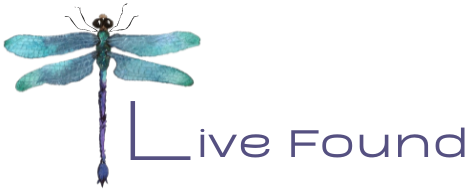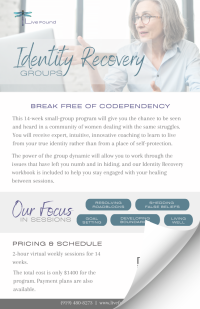Introduction: The Impact of Trauma
We cannot get through life unscathed by trauma. Yet, we often let trauma dominate our lives through denial, avoidance, fear, or naivete. Undealt with, trauma isolates us and leads to self-protection, manifesting as codependence or narcissism. Both extremes involve hiding oneself to manage the world around them. As natural nurturers, most women tend to lean toward codependency.
Codependency and Hyper-Independence
Codependency can show up as hyper-independence, where you comply to a degree but shut down emotionally, hindering authentic connections. Some label these extremes as negative character flaws that predispose one to abusive relationships. However, codependence and hyper-independence are learned self-protection mechanisms from abusive relationships. When taught from childhood that safety equals compliant obedience or self-reliance, one develops characteristics labeled as “codependence.” This results in an identity defined by pleasing others.
The Fine Line Between Codependence and Healthy Self-Defense
There is a fine line between codependence and healthy emotional self-defense. The difference lies in the health and steadfastness of your sense of personhood and the degree of authenticity versus isolation. To live without self-protective people-pleasing, you need to train yourself for a healthy response, much like self-defense training. Recovery requires coming out of hiding and recovering your identity, which is the skill set enabling you to live your life.
The Possibility of Clarity and Healing
What if clarity and healing are possible? What if you could connect deeply with people without feeling obligated, angry, or afraid, and without hiding behind a facade? Imagine feeling heard, understood, and known, using that as a source of strength to show up more steadfastly in your world. Imagine having even a few people in your corner who “get it” and help you fight against emotional abuse consuming your soul. This is the power of small group therapy.
Join Our Online Identity Recovery Groups
I’ve been coaching small groups for almost a decade, watching countless women find the turning point from a slow soul death to renewed life. Join our online Identity Recovery Groups to find healing from self-protective people-pleasing, especially within high-conflict relationships where emotional abuse and destructive patterns are present.
You Are Not Alone
You are NOT alone in your experience! Connecting with other women who understand the “death by a thousand paper cuts” from codependency and destructive relationships can be healing. This may be the only space in your day to be real, question the chaos, and find the clarity you crave.


